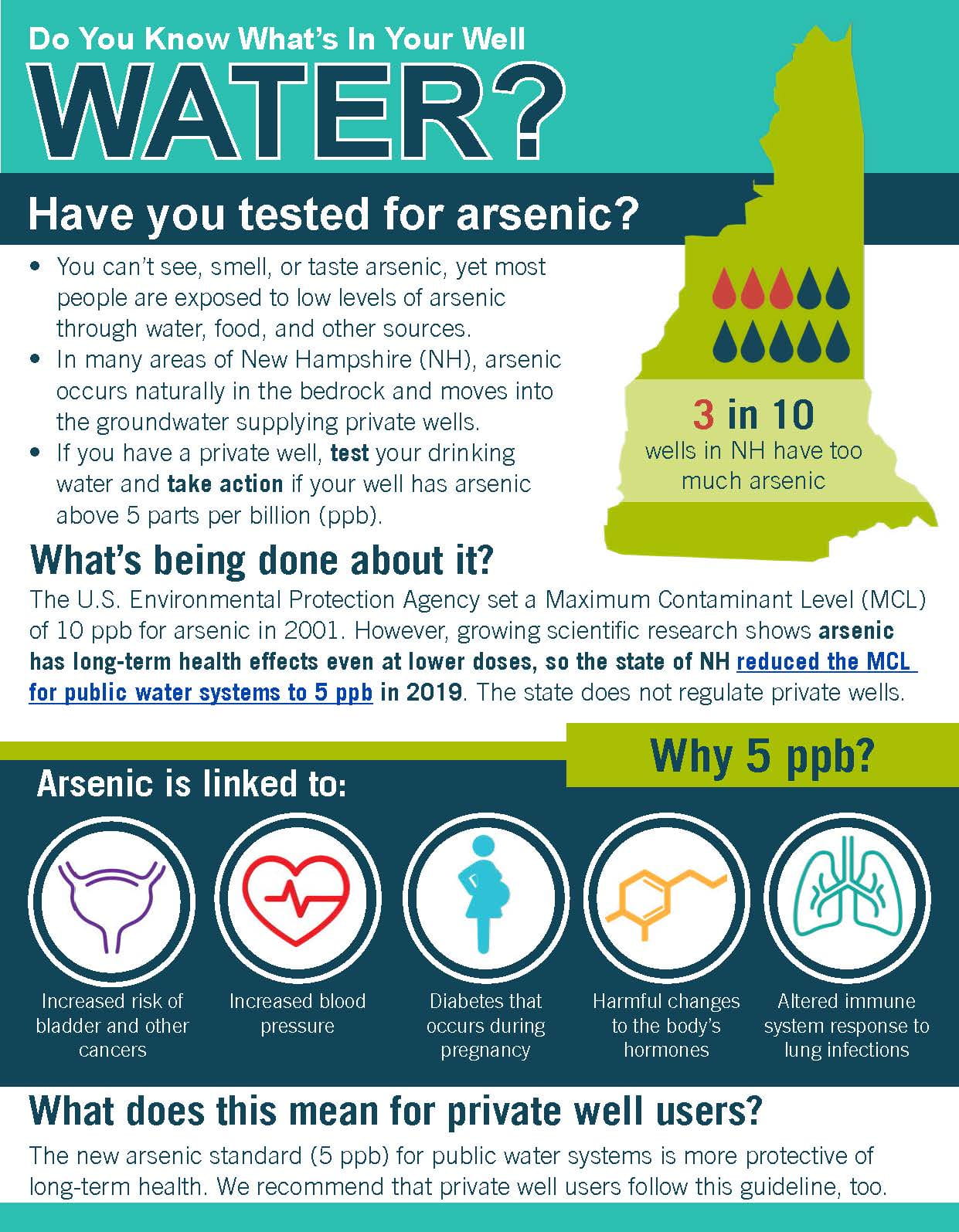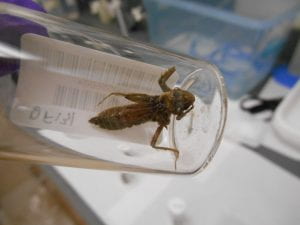What does water mean to you? March 22nd, World Water Day, celebrates water and raises awareness of the global water crisis, and a core focus of the observance is to support the achievement of Sustainable Development Goal (SDG) 6: water and sanitation for all by 2030. Register for the United Nations World Water Day online event here.
 What does water mean to you? March 22nd,
What does water mean to you? March 22nd, 




